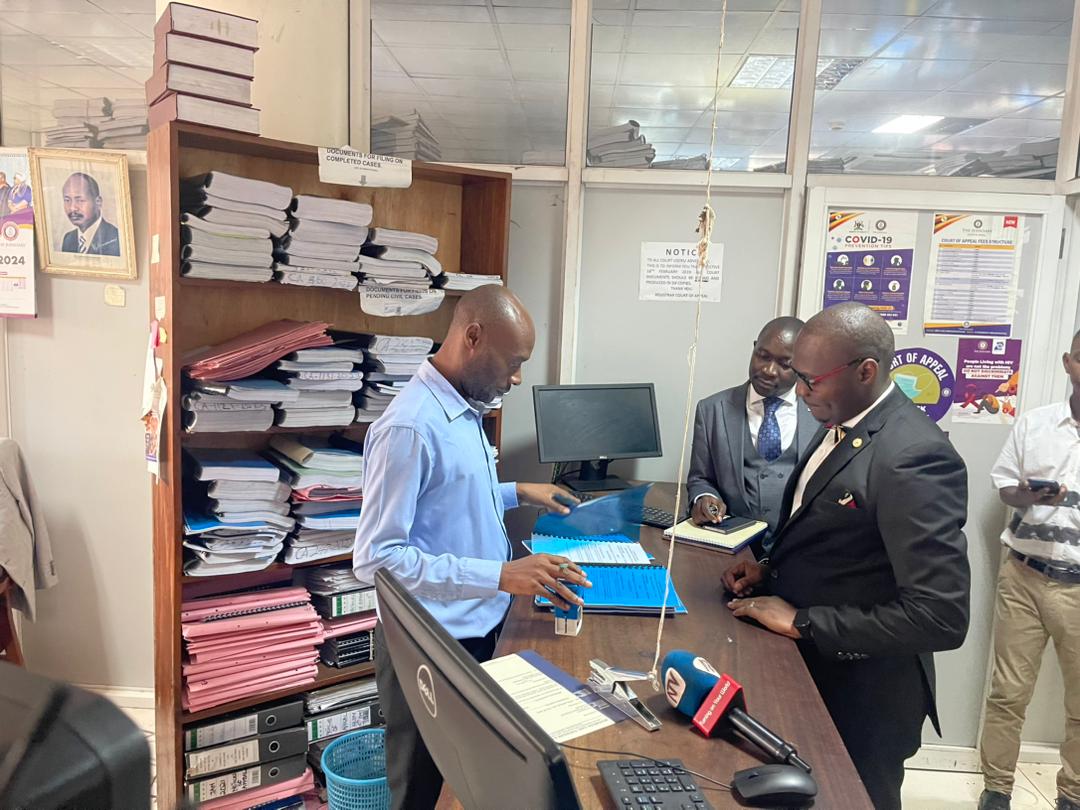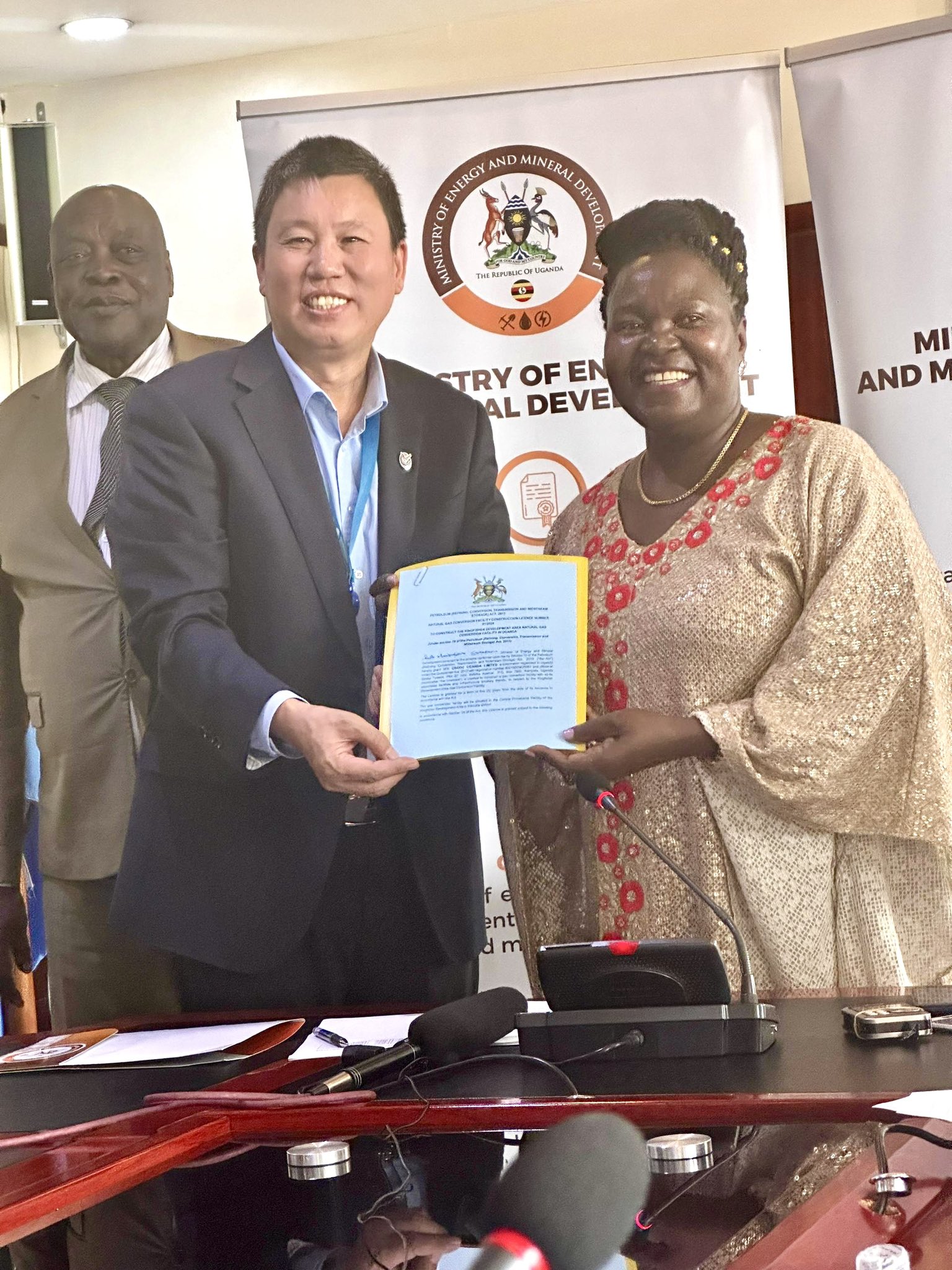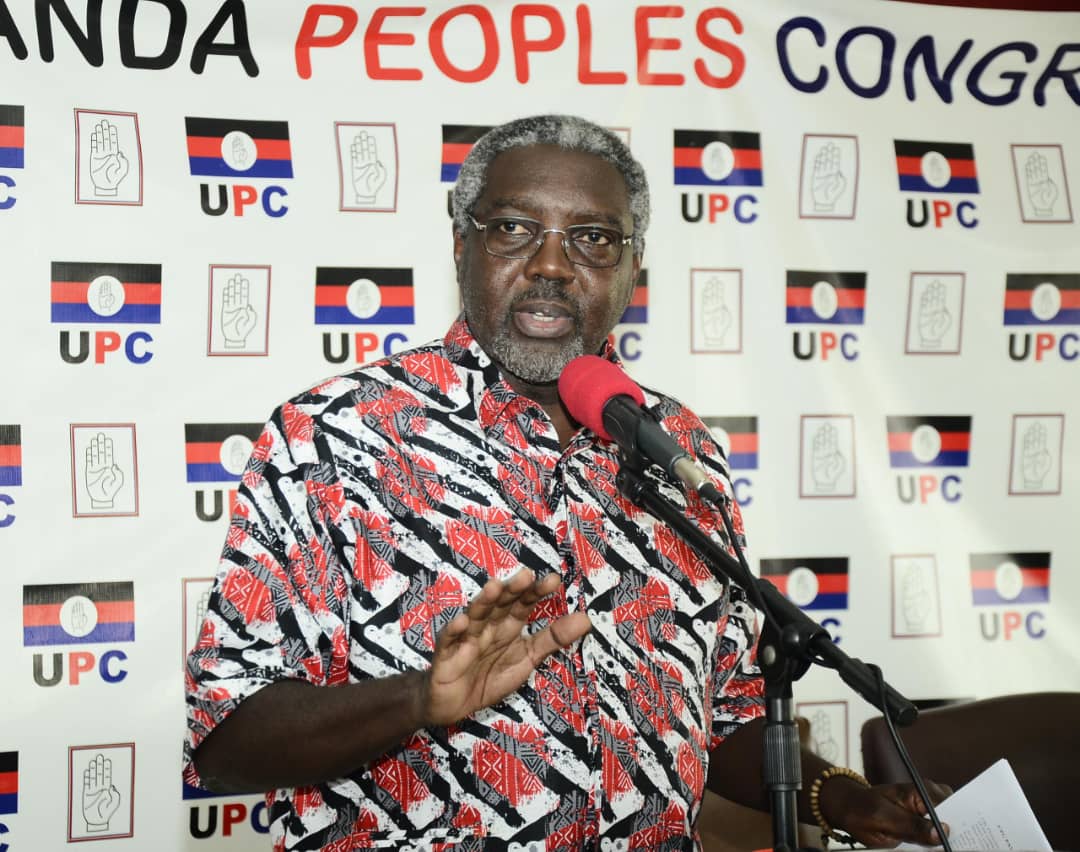Lawyer Michael Aboneka, on Wednesday filed a petition in the constitutional court of Uganda bringing to light a critical concern regarding the fusion of the executive and legislative branches of government.
The petition challenges the practice of appointing Members of Parliament (MPs) as ministers, arguing that it violates the fundamental principle of the separation of powers as outlined in the constitution.
Here are the key arguments presented in the petition and the broader implications for Uganda’s constitutional framework.
The Constitutional Challenge:
At the heart of Aboneka’s petition is the contention that the dual roles of MPs serving as ministers create a fusion of the executive and legislative functions. The argument posits that the primary role of Parliament, encompassing legislation, oversight, appropriation, and checking the executive, is compromised when ministers, who are also elected MPs, simultaneously participate in these functions. Aboneka questions the effectiveness of ministers in parliamentary committees and highlights the potential conflict of interest arising from their dual responsibilities.
Wastage of Resources:
A significant concern raised in the petition is the financial burden imposed by the dual roles. Ministers, who are already entitled to benefits, including vehicles and allowances, as part of the executive, receive additional benefits as MPs. Aboneka argues that this practice leads to a wastage of resources and challenges the notion of fiscal responsibility. The article questions the necessity of such duplicative allowances and benefits for individuals holding both positions.
Specific Office Holders:
The petition specifically challenges the appointment of the Prime Minister and Vice President as MPs. In his petition he argues that the Prime Minister’s role as the leader of government business is incompatible with serving as an MP, raising questions about their active participation in parliamentary affairs. Similarly, the Vice President’s de-facto role as the potential successor to the president is seen as incompatible with being a legislator.
“We are also contesting the eligibility of the Prime Minister to serve as an MP, given that the Prime Minister is primarily tasked with leading government business. It is argued that holding dual roles as a Member of Parliament (MP) and Prime Minister creates a conflict of interest. The question arises: when was the last instance of a Prime Minister actively representing constituents on the floor of Parliament, and which parliamentary committees do they actively participate in?” he asked.
The Role of the Attorney General and Deputy:
Aboneka also challenges the dual role of the Attorney General and Deputy as MPs, contending that their positions in the executive compromise their independence and impartiality. The petition underscores the need for individuals holding legal positions to refrain from concurrently participating in the legislative branch.
Ex-Officio MPs:
The petition extends its scrutiny to ex-officio MPs who receive parliamentary remuneration without actively participating in debates, voting, or committee assignments. Aboneka argues that the executive should bear the responsibility of remunerating such individuals, as the constitution lacks clarity on the compensation and conduct of ex-officio MPs.
“Finally, let’s turn our attention to the issue of ex-officio MPs. Despite drawing salaries, receiving cars, and clothing allowances from Parliament, these members neither contribute to voting nor engage in debates or committee activities. This prompts the question: why is parliamentary funding extended to them when their functions appear more aligned with the executive branch?
“We are urging the court to delve into this matter, as the constitution lacks explicit guidance on how ex-officio members should be remunerated and conduct their official duties,” we emphasize. Additionally, we point out that ministers, by not actively participating in parliamentary committees, are being deprived of their voting rights and, in turn, compromising their ability to represent their constituents effectively. This underscores the urgency for a comprehensive review by the court to ensure alignment with constitutional principles..” he said.
Legal Framework and Constitutional Contradictions:
The legal challenge spearheaded by Lawyer Michael Aboneka sheds light on a critical aspect of Uganda’s constitutional framework, questioning the compatibility of MPs simultaneously serving as ministers. The juxtaposition of Article 113(1), which permits the president to appoint ministers from among MPs, with the principle of separation of powers becomes a central point of contention.
The lawyers involved argue that this constitutional provision undermines the independence of each arm of the state, posing a threat to the effective functioning of both the executive and legislative branches.
They also contend that the doctrine of collective responsibility, binding members of the cabinet, compromises an MP’s ability to independently hold the executive accountable. The inherent conflict of interest arising from MPs acting as ministers undermines the core principles of checks and balances crucial for a robust democratic system.
It is noteworthy that previous attempts to address this issue through legislative means were made in 2000. On 18th October of that year, a bill seeking to amend Article 113(1) was tabled in parliament by the then Amuria county MP, Onapito Ekolomoit, and seconded by Maj Gen Gregory Mugisha Muntu. However, the bill was voted down at the second stage, emphasizing the complexity and historical context surrounding the debate on the separation of powers in Uganda.
As the constitutional court examines the arguments presented in Aboneka’s petition, it holds the potential to set a precedent for the relationship between the executive and legislative branches.
According to Solicitor George Musisi who represented Aboneka, the outcome of this legal challenge will not only influence the practices surrounding the appointment of ministers but may also shape the broader understanding of the separation of powers in Uganda’s governance structure.
It remains to be seen whether the court will uphold the existing constitutional provisions or pave the way for reforms that align more closely with principles of independence and accountability.
Do you have a story in your community or an opinion to share with us: Email us at Submit an Article









